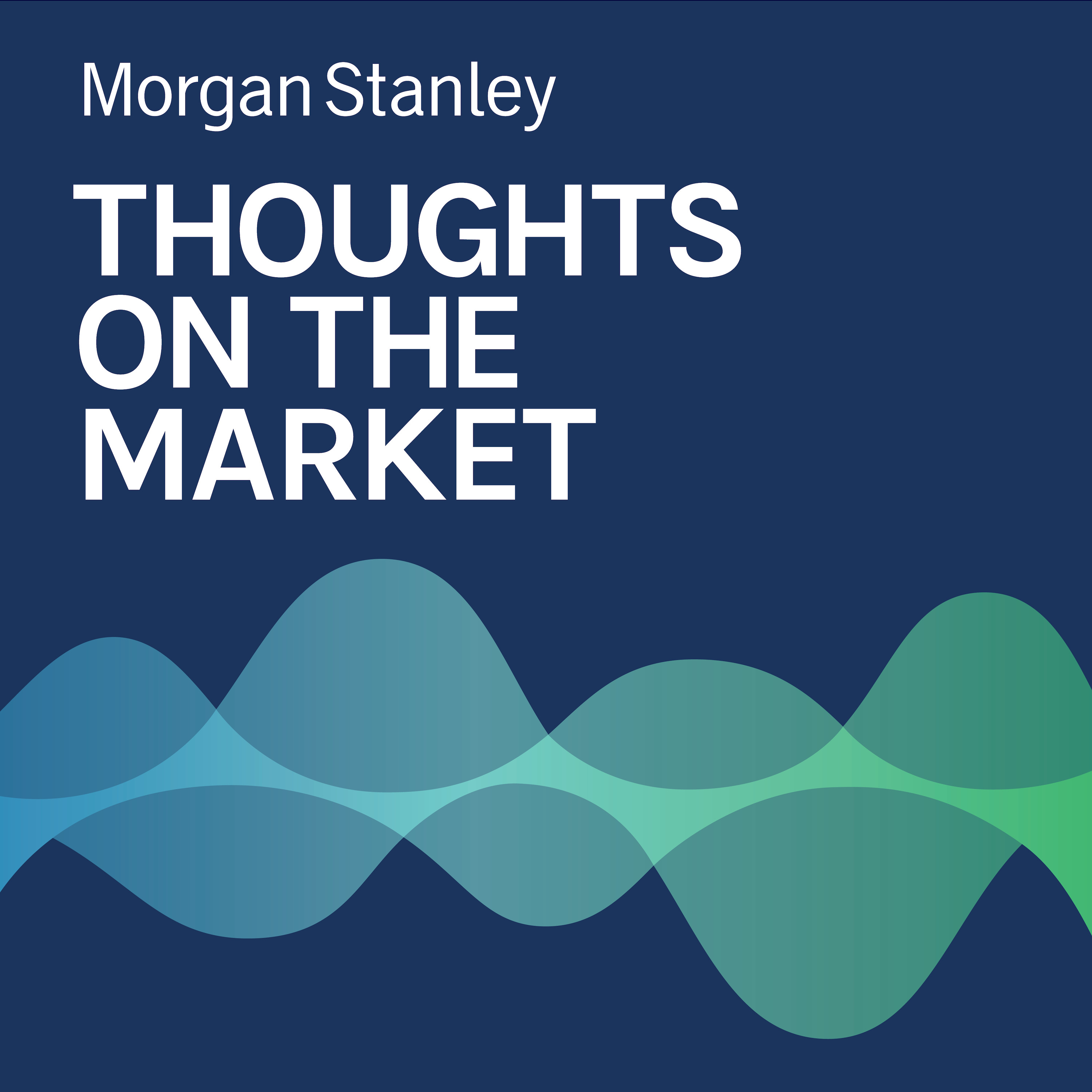Stephan Kessler: What Does the Future Hold for ESG Investing?

b'
Critics of sustainable investing have said that Environmental, Social, and Governance strategies require investors to sacrifice long-term returns, but is this really the case?
----- Transcript -----
Welcome to Thoughts on the Market. I\'m Stephan Kessler, Morgan Stanley\'s Global Head of Quantitative Investment Strategies. Along with my colleagues bringing you a variety of perspectives, today I\'ll discuss the value of a quantitative approach to low carbon investing. It\'s Wednesday, November 9th, at 2 p.m. in London.
Sustainable investing has been a hot trend over the past decade, and most recently the new Inflation Reduction Act in the U.S. has brought it into even sharper focus. Short for environmental, social and governance, ESG covers a broad range of topics and themes, for example, carbon emissions, percentage of waste recycled, employee engagement scores, human rights policies, independent board members, and shareholder rights. This breadth, however, has made defining sustainable investing a key challenge for investors. Furthermore, critics of ESG have also pushed back, arguing that ESG strategies sacrifice long term performance in favor of alignment with what has been disparagingly termed "woke capitalism".
This ongoing market debate shows no sign of abating any time soon, and so investors are looking for rigorous ways to assess ESG factors, with decarbonization being top of mind. In some recent work by quant analyst Jacob Lorenzen and myself, we decided to focus on climate change and more specifically carbon emissions as the key metric. Our systematic approach uses mathematic modeling to analyze how investors can integrate a low carbon tilt in various strategy portfolios and what kind of results they can expect.
So what did this analysis tell us? Essentially, we found little evidence that incorporating an ESG tilt substantially affects a risk adjusted performance of equity portfolios, positively or negatively. While potentially disappointing to investors looking for outperformance via ESG overlays, this conclusion may be encouraging to others because it suggests that investors can create low carbon portfolios without sacrificing performance. In other words, our results for equity benchmark, smart beta and long/short portfolios argue that environmentally aware investing could be considered one of the few "free lunches" in finance.
Our framework focused on carbon reduction portfolios, but also takes other ESG aspects into account. When screening companies for environmental harm, fossil fuel revenue, or non ESG climate considerations, our results are robust. This result is important as it shows that investors can focus on a broad range of ESG criteria or carbon alone- in all cases, the performance impact on portfolios is minimal. Thus, investors can adapt our framework to their objectives without needing to worry about returns.
And so what does the future hold for ESG investing? While overall we find ESG to have a minor impact on performance, their investment strategies and time periods of the past decade where it did matter and created positive returns. One possible explanation for this effect is a build up of an ESG valuation premium. ESG may have been riding its own wave as global investors increasingly incorporated ESG into their investments, whether for value alignment or in search of outperformance. As we look ahead, the long run outperformance of broad ESG strategies may be more muted. In fact, ESG guidelines and requirements may even require companies causing significant environmental harm to pay a premium for market access. However, we do believe there are potential alpha opportunities using specialized screens, or in specific industries such as utilities and clean tech.
Thanks for listening. If you enjoy the show, please leave us a review on Apple Podcasts and share Thoughts on the Market with a friend or colleague today.
'